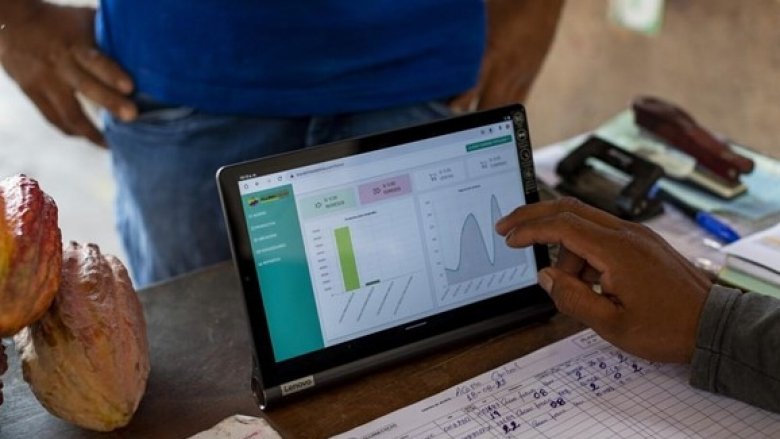The International Fund for Agricultural Development (IFAD) is an international financial institution (IFI) and a specialized agency of the United Nations dedicated to eradicating poverty and hunger in rural areas of developing countries. IFAD is also the only specialized global development organization exclusively focused on transforming agriculture, rural economies and food systems. For each IFAD initiative, the timely and transparent procurement of goods, works and services ranging from IT equipment to fertilizers and from livestock to cement for the construction of small irrigation schemes is paramount for the effectiveness of the project/ implementation success.
Because of this, IFAD decided in 2019 to undertake a wide-ranging reform of its project procurement function and oversight. After a thorough review of IFAD’s newly developed project procurement framework (including bidding documents) by the World Bank in 2020, IFAD was admitted as a member of the Multilateral Development Banks Heads of Procurement (HOP) group. The ensuing, highly cooperative exchange with the IFIs (but most of all with the WB) was paramount for the further development of IFAD’s project procurement function.

Jordan - Rural Economic Growth and Employment Project (REGEP) – March 2023
IFAD
After a thorough review of IFAD’s newly developed project procurement framework (including bidding documents) by the World Bank in 2020, IFAD was admitted as a member of the Multilateral Development Banks Heads of Procurement (HOP) group. The ensuing, highly cooperative exchange with the IFIs (but most of all with the WB) was paramount for the further development of IFAD’s project procurement function.

Peru - Rural Poor Stimulus Facility (RPSF): AGRIdigitalización – August 2022
IFAD
However, one major challenge remained: much of the tracking of procurement activities performed by the recipients of IFAD financing were based on complex spreadsheets which required manual updating – and, as such, project procurement plans were therefore only available as offline documents, meaning that they were frequently inconsistent with the real-time state of implementation and could not be linked to any online systems.
To address these issues, with the support of IFAD’s Change, Delivery and Innovation Unit (CDI) in 2021 IFAD decided to invest in the development of a new online project procurement system that would automate and manage procurement reporting throughout the procurement cycle (“from end to end”) – that is, from procurement planning to contract management. Applying the UN Innovation Toolkit and a benchmark amongst the HoP members (ABD, AfDB, EBRD, WB) who openly shared narrowed the scope for the right solution for IFAD: the World Bank’s STEP System, tailored to IFAD’s processes and systems, which represents the industry standard for Project Procurement Systems in the development sector.
The exchange with the World Bank is a major determinant for the success of this crucial development and the outstanding readiness and openness to share experience and advice allowed IFAD to incorporate 10 years of lessons from the development of the STEP system. One of these lessons was that there is a frequent need for adaptations and as a result, it was decided to build this new system (IFAD OPEN) completely from scratch and fully in-house by IFAD’s Information and Communications Technology Division (ICT). Like the World Bank’s STEP system, IFAD OPEN increases the efficiency of procurement teams and supports borrowers plan, record, and track key stages of the procurement processes. The system incorporates built-in guidance for borrowers on how to conduct each procurement activity from start to finish and increasing transparency and efficiency over procurement processes in IFAD-financed operations.
IFAD OPEN has already been deployed in over 80 IFAD financed operations in the Latin America and the Caribbean region, West and Central Africa region; East and Southern Africa region and Asia and the Pacific region and the roll-out will continue throughout 2023.
With this achievement, IFAD has taken a major step towards sustainable and more efficient procurement processes, while also providing IFAD-financed operations with unprecedented end-to-end visibility of their own implementation progress and potential bottlenecks thanks to the system’s powerful analytics.
Priscilla Torres, Head of Procurement, International Fund for Agricultural Development (IFAD).


